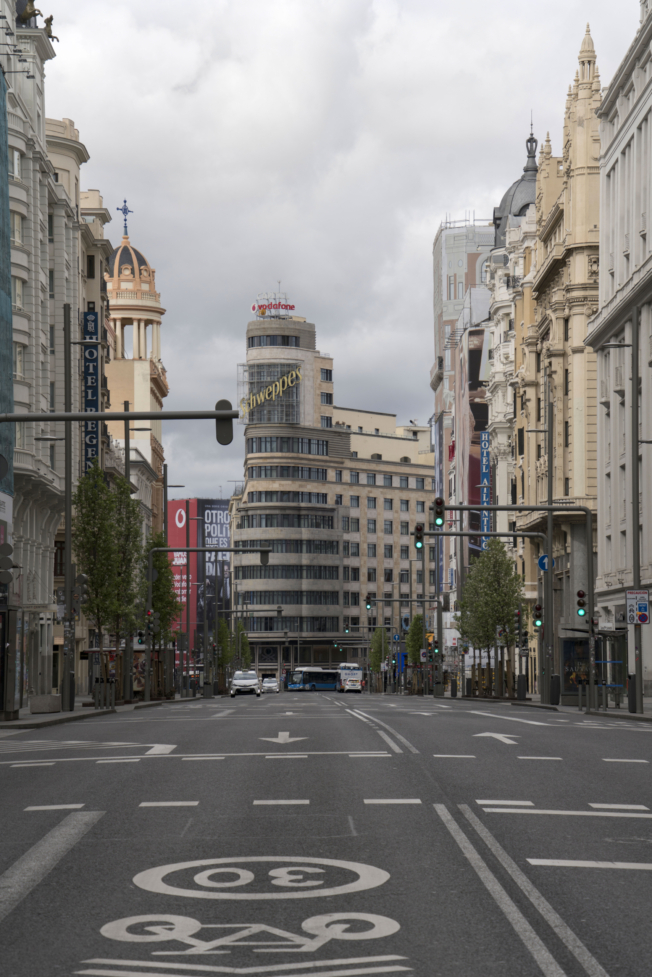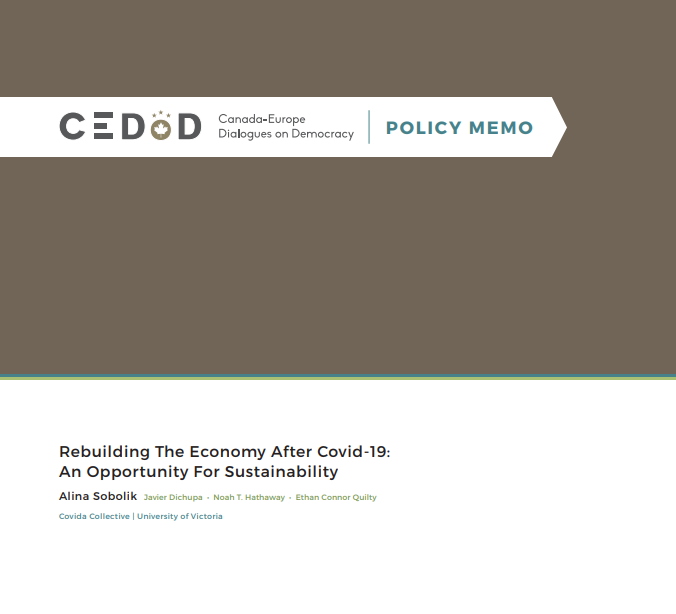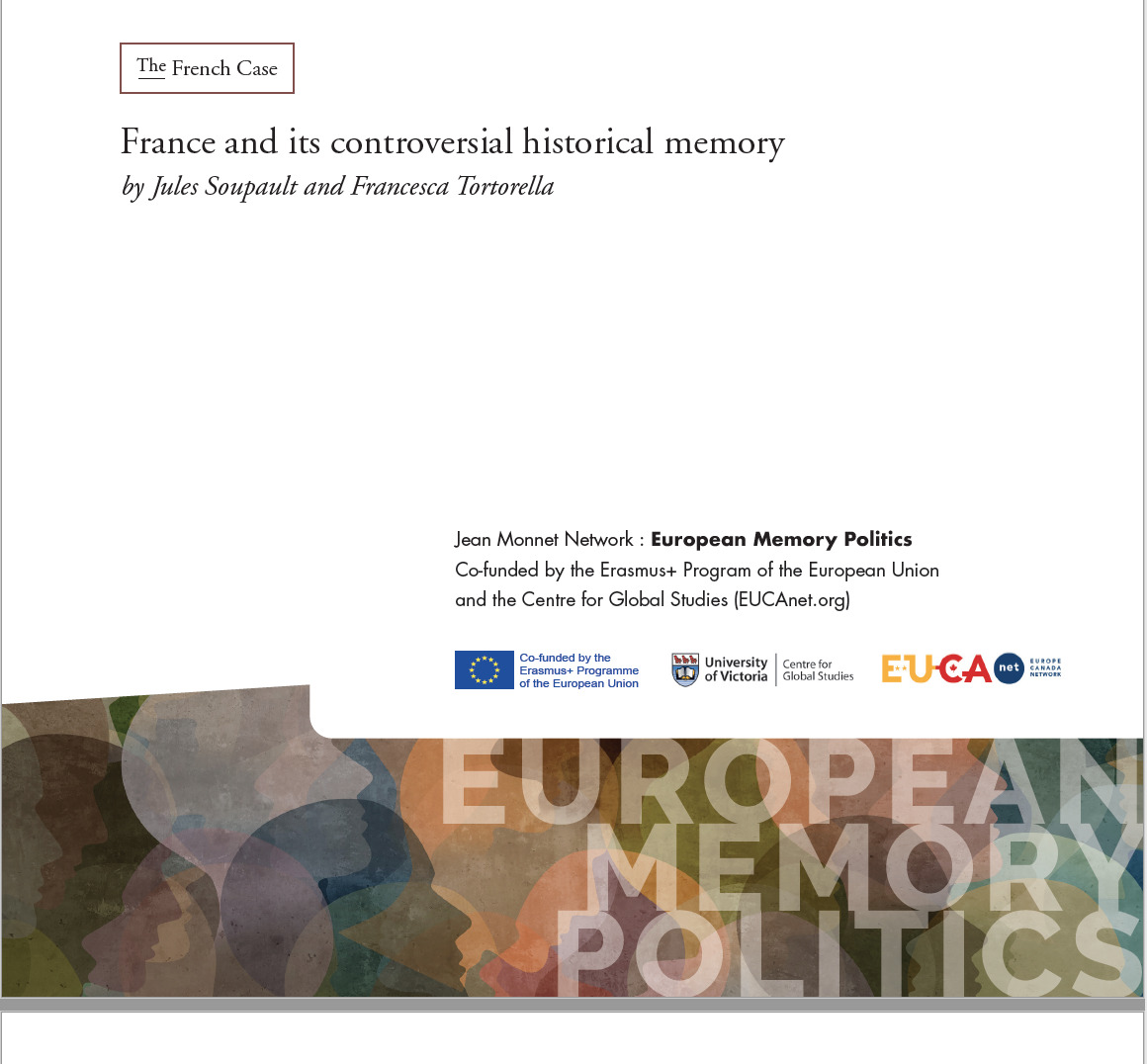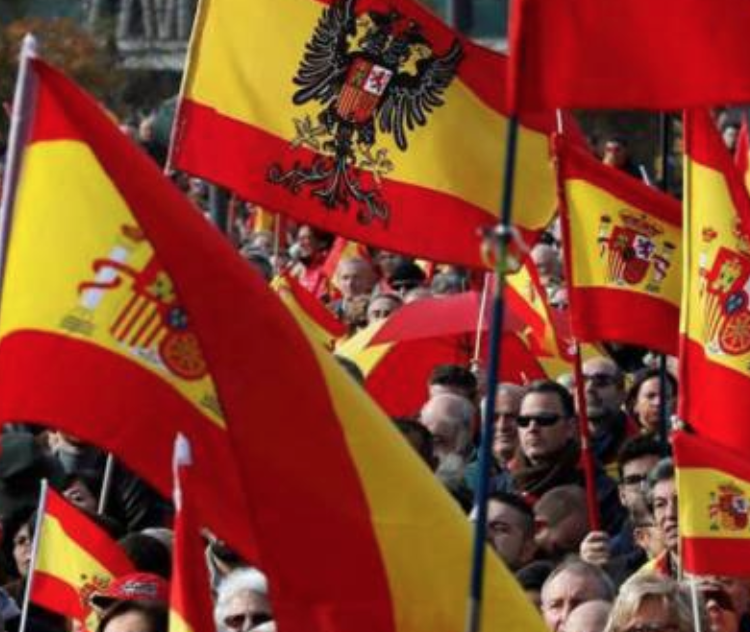Robin Celikates: The Futures of Democracies – interview at the University of Victoria
In this video Robin Çelikateş, Professor of Social Philosophy and Anthropology at the Free University of Berlin, reflects on the crises and says that “democracies, as they actually exist, have always relied on excluding large part of the population”. Çelikateş reminds that the term “crisis” is originally a medical term, a metaphor to point to a moment in which a trajectory from health to sickness reaches a critical point, where it is needed an action. “This presupposes a diagnosis before you can come up with the therapy”, adds Çelikateş, noting however that when dealing with a crisis it is always good to question who is speaking about it and who is affected by it.
According to Çelikateş, a possible solution to the crisis of democracy is provided by the “responses from the margins”, as forms of political social struggle often have an epistemic function. An example to this is provided by Indigenous struggles in Canada, the Black Lives Matter movement in the US and the migrant and refugee struggles in other contexts – says Çelikateş, adding that “many of the people involved in those struggles start to see the connections between them”. He also stresses that all of these movements highlight that “a large part of the problem” is related to “how the modern state has been organized”, which “in many cases annihilated populations”. The takeaway here, according to Çelikateş, is to see “what we can learn from this experiences and to connect them, so that we do not just respond “to specific symptoms but rather see at least part of the underlying causes”. This way, we can hope to think ways to address both symptoms and causes, says Çelikateş.
“Rather than thinking in terms of solutions that might already be there, I really think that the challenge is to identify sites of experimentation where solutions might evolve in the future”, notes Çelikateş. Some of the most promising experiments are closely linked to the local context – which makes them possible in the first place. However, when thinking about organizing society as a whole in alternative ways, there are inevitably problems of scale. Thus, in this whole ensemble of practices, there is probably still a role for theory to play, such as “highlighting problems that you can sometimes forget when you are immersed on the ground”, posits Çelikateş.
This video is part of the MSEUCA project and was produced as part of the event “‘Public Debates in Turbulent Times: Academia and Media”, which took place on 19-20 March , 2019 in Victoria, BC. MSEUCA stands for Communication and Media Strategies for EU experts in Canada. This project is co-funded by the Erasmus+ Jean Monnet Action of the European Union and the Centre for Global Studies, University of Victoria. The European Union support for the production of publications does not constitute an endorsement of the contents which reflect the views only of the authors, and cannot be held responsible for any use which may be made of the information contained therein.


 https://www.dw.com/de/f%C3%BCnfte-amtszeit-von-angela-merkel/a-53453226v
https://www.dw.com/de/f%C3%BCnfte-amtszeit-von-angela-merkel/a-53453226v





